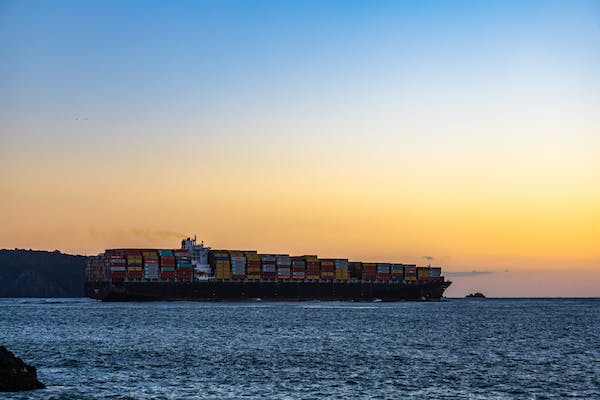How to Mitigate Currency Fluctuation Risks when Shipping
For decades, exporting products has been vital to the Philippine economy, allowing entrepreneurs to increase profits through global trading. Despite its downward trend recently, exports still account for more than $5 billion of the nation’s GDP. The continuous expansion of digital trading can provide new opportunities for Filipino business owners to export their products to various countries, potentially increasing export rates moving forward.
And despite being an essential part of the economy, numerous exporters face unique issues that can hinder their operations in the long run. For starters, not partnering with an international freight forwarding company can significantly risk the packages getting lost or damaged while in transit. But what remains one of the top issues exporters face on a day-to-day basis is foreign exchange, which constantly fluctuates for several reasons.
Understanding Currency Fluctuations
International forwarding invoices are often complex, with many factors contributing to freight rates around the globe. And one of the significant ones is currency exchange, which mainly refers to how much of each currency is needed when people exchange them. Some factors that lead to currency fluctuations are economic conditions, market sentiment, and political situations.
Currency exchange rates have always been a massive part of calculating freight costs, and even a tiny change in the rates will significantly affect shipping prices. Besides freight prices, currency fluctuation can negatively impact a company’s potential revenue and profit margins. This can decrease an enterprise’s competitiveness in the market, especially if most of its competitors come from countries with stronger currencies.
Mitigating Currency Exchange Risks
The risks of currency fluctuations when it comes to shipping prices are not a new thing. Many organizations have already implemented different techniques that allow them to reduce the impact of fluctuating currency rates when shipping their products.
1. Use Forward Contracts
One of the most straightforward solutions to decrease the complexities of shipping costs is to use forward contracts. This means that the merchant and buyer will agree to a fixed exchange rate that they can use for future transactions. This will allow both parties to know exactly how much the payment would be without worrying about changes in the currency rate.
2. Understand the Currency Adjustment Factor (CAF)
The concept of CAF is mainly used by freight forwarders, enabling them to mitigate the risk of currency fluctuations, especially for long-term contracts. Here, the shipper will have a flat percentage surcharge on the invoices sent to their clients, and this usually is based on the currency where the freight will depart and arrive. Exporters must know this concept to help them plan out their finances in the long run.
3. Currency Options
Apart from forward contracts, it will also help if companies consider currency options strategies when exporting their products. Many enterprises have used this risk management technique to protect themselves against currency fluctuations.
Like forward contracts, this hedging strategy gives businesses the right to export at a fixed price in the future. But the main difference is that the parties are not forced to finish the transaction when the deadline arrives. This is beneficial if the exporter believes they will get a more favorable currency rate, allowing them to mitigate the risks of financial losses.
Conclusion
With digital platforms opening up new opportunities for merchants to sell their products to international customers, exports are expected to continue to rise in the coming years. And so, firms must know the risks they might encounter when exporting products, such as the ever-changing foreign exchange rate. By understanding this, they can implement the proper currency fluctuation management solution that will protect them from financial losses in the long run.
Excelsior Philippines, the country’s top freight forwarding and customs brokerage company, has been in the industry for more than two decades, providing our clients with peace of mind that their shipments will arrive at their destination safely. We can also help you negotiate freight charges for the best shipment value. To learn about our services, contact us now by clicking here or calling (+632) 8525-9775.



